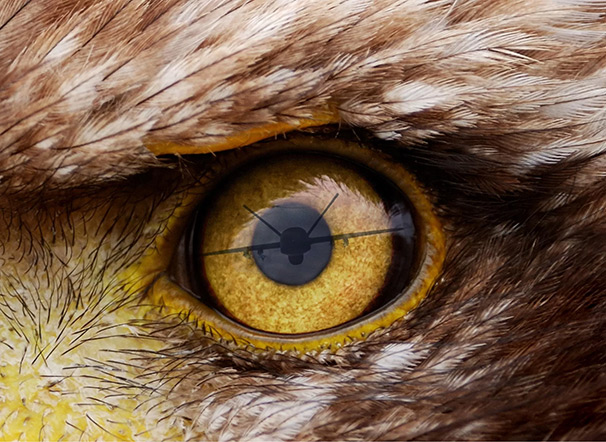
Learn about Eagle Eye Innovations and the people at the heart of the organisation.

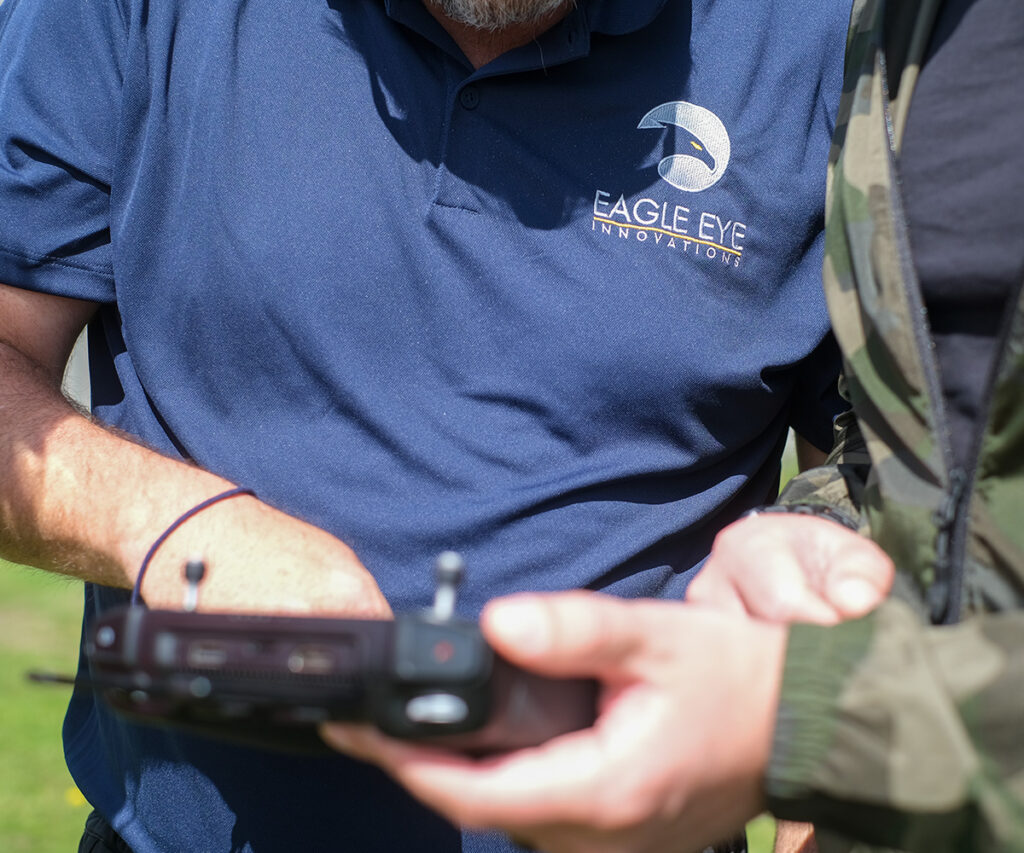
As the Remotely Piloted Aircraft Systems (RPAS), or drone, industry continues to grow and evolve, the demand for well-trained and qualified pilots, operators, and technicians has never been greater. To meet this demand, it is crucial that those responsible for delivering RPAS training possess a high level of experience and professionalism to ensure the safety and success of both the trainees and the industry at large.
That’s where we come in…
At Eagle Eye Innovations our immensely experienced instructors possess a wealth of knowledge and firsthand experience that enables them to impart a deeper understanding of RPAS operations to our students. Having encountered a variety of real-world scenarios, our team of instructors can draw from their own experiences to provide valuable insights and practical examples that enrich the learning process. This enables our students to gain a comprehensive understanding of not only the regulatory aspects of RPAS operations but also the broader context in which they occur.
Professionalism is essential in creating an environment of trust and respect between our instructors and students. Our team of instructors always conduct themselves in a professional manner which demonstrates their commitment to upholding high standards of ethics, safety, and quality in their teaching. This, in turn, fosters a sense of confidence in our drone training courses and encourages students to take their own responsibilities seriously.
Safety is of paramount importance to us, as it is in the wider RPAS industry, and experienced, professional instructors play a critical role in ensuring that safety standards are met. By drawing on their own experiences and adhering to best practices, our instructors identify potential risks and equip our students with the skills and knowledge necessary to mitigate them. In doing so, contributing to the overall safety of the industry and helping to build public trust in RPAS operations.
As the RPAS industry continues to evolve and grow, our professional instructors are uniquely positioned to contribute to its ongoing development. By staying current with the latest industry trends, regulations, and technologies, our team of trainers can ensure that their instruction remains relevant and forward-looking. This not only benefits our students but also supports the wider industry by ensuring that the next generation of RPAS professionals are well-prepared to meet the challenges and opportunities that lie ahead.
Experienced and trained instructors, such as those in our team, are better equipped to design and deliver high-quality training programs that cater to the diverse needs and learning styles of their students. By drawing on their wealth of knowledge and practical experience, our instructors are constantly creating engaging, relevant, and effective training experiences and courses that optimise learning outcomes and promote long-term success for our students.
Experience and professionalism are crucial attributes for instructors delivering RPAS training. These qualities not only ensure the safety and success of individual trainees but also contribute to the overall development and growth of the RPAS industry. When sourcing training it’s vital that conducting the proper due diligence and investing in experienced, professional trainers is paramount in the procurement procedure. We in the RPAS industry can collectively cultivate a skilled and knowledgeable workforce that is well-prepared to navigate the challenges and opportunities of this rapidly evolving field and keep the UK on the leading edge of this prominent area of aviation.
Training

Malta is set to take a bold step forward in drone innovation with the launch of its first ever advanced UAV micro-credential, developed in collaboration with the University of Malta.
Training

UK Police Forces have been utilising drones for many years and 2025 marks a decade since Devon & Cornwall Police and Dorset Police created the first UK Police Drone Team, but why exactly did UK Police Forces decide to adopt drone technology?
Training
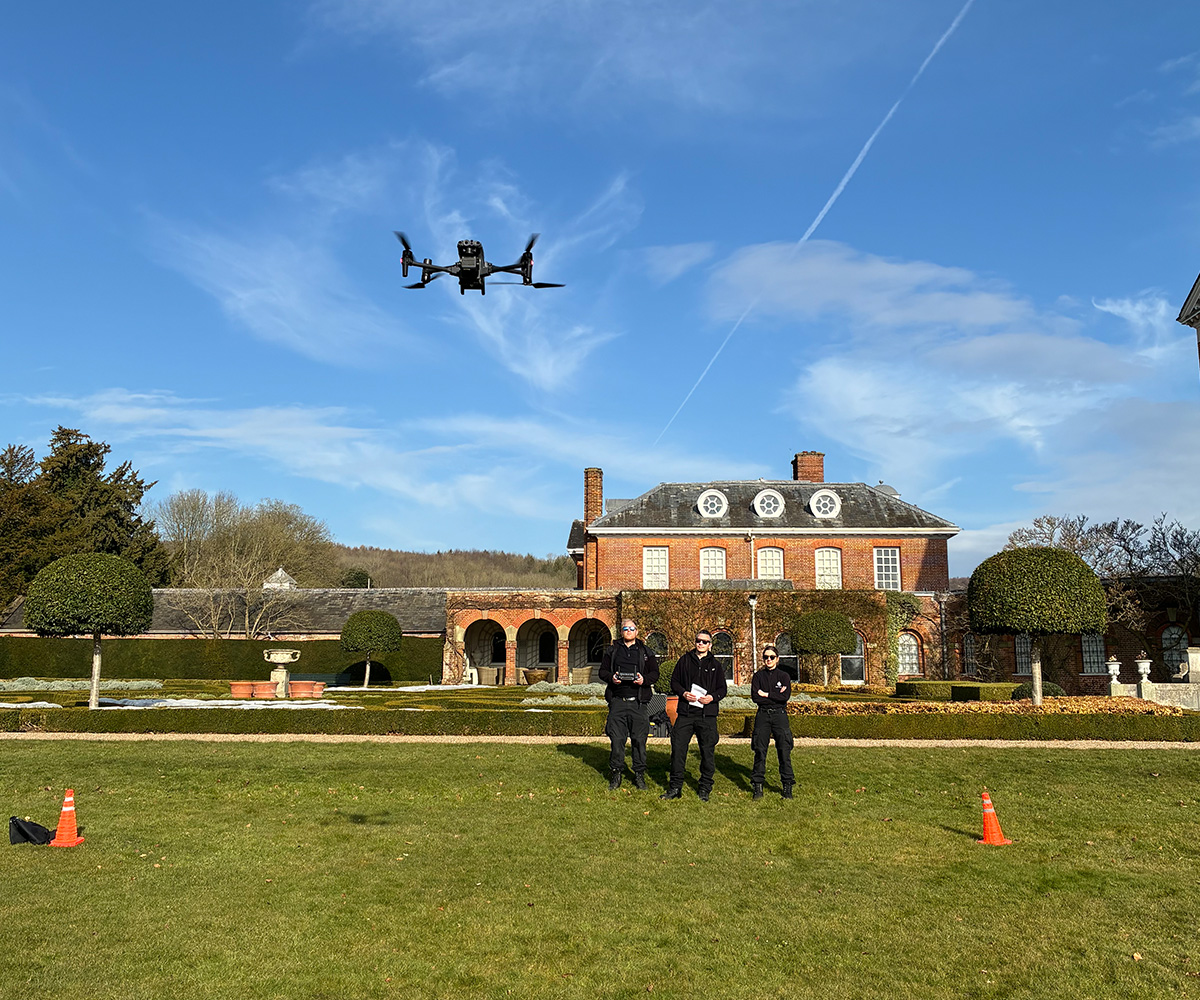
The CAA is making some changes to the way drone training is conducted, these changes are known as the RPC framework. Find out what these changes mean for you, whether you're already a qualified drone pilot, or are looking to start your piloting journey.
News
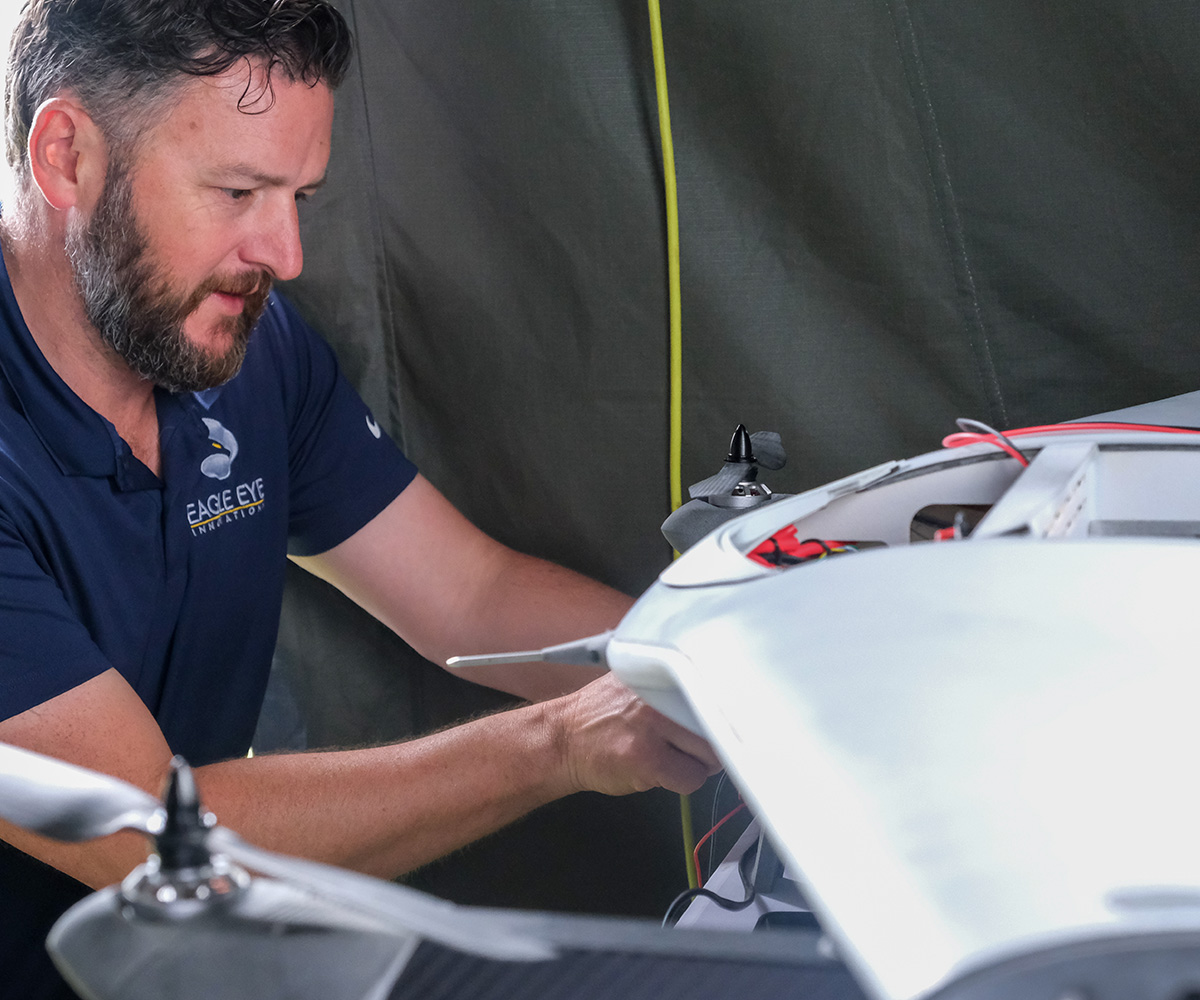
On Mon 3 Mar 2025, the UK Civil Aviation Authority (CAA) published ORS9, Decision 46, setting out the UK Specific Operations Risk Assessment (SORA) methodology as Acceptable Means of Compliance (AMC) to UK Regulation (EU) 2019/947 Article 11. The CAA... Read more
Training
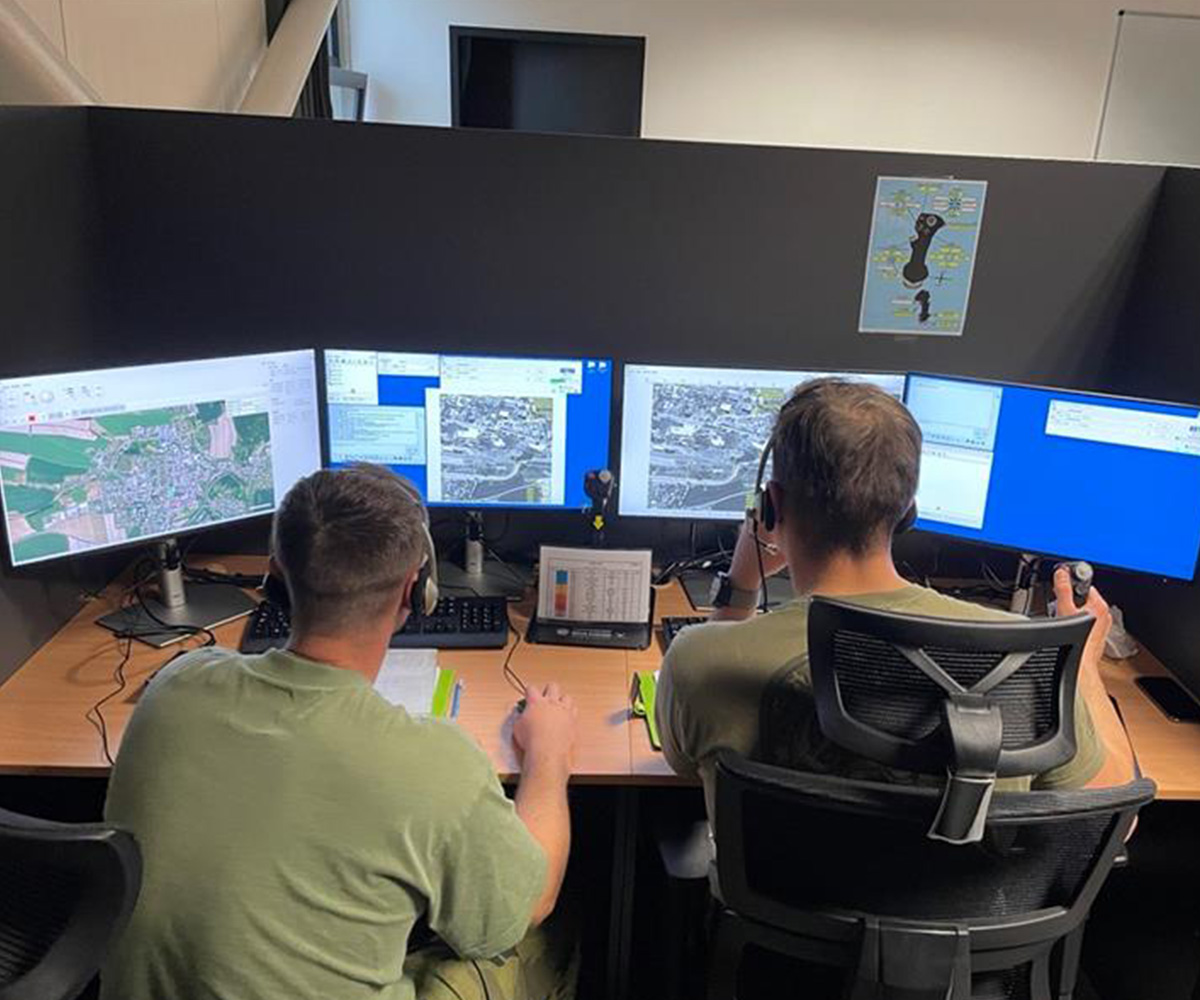
Location: HTP Facility, Ostrava Airfield, Czechia Mission Objectives: Teach Czech Uncrewed Aerial Systems (UAS) operators to integrate aircraft into larger airspace operations. Develop search tactics for a range of tasks. Help Czech personnel to develop and practice their English-speaking skills. ... Read more
Training
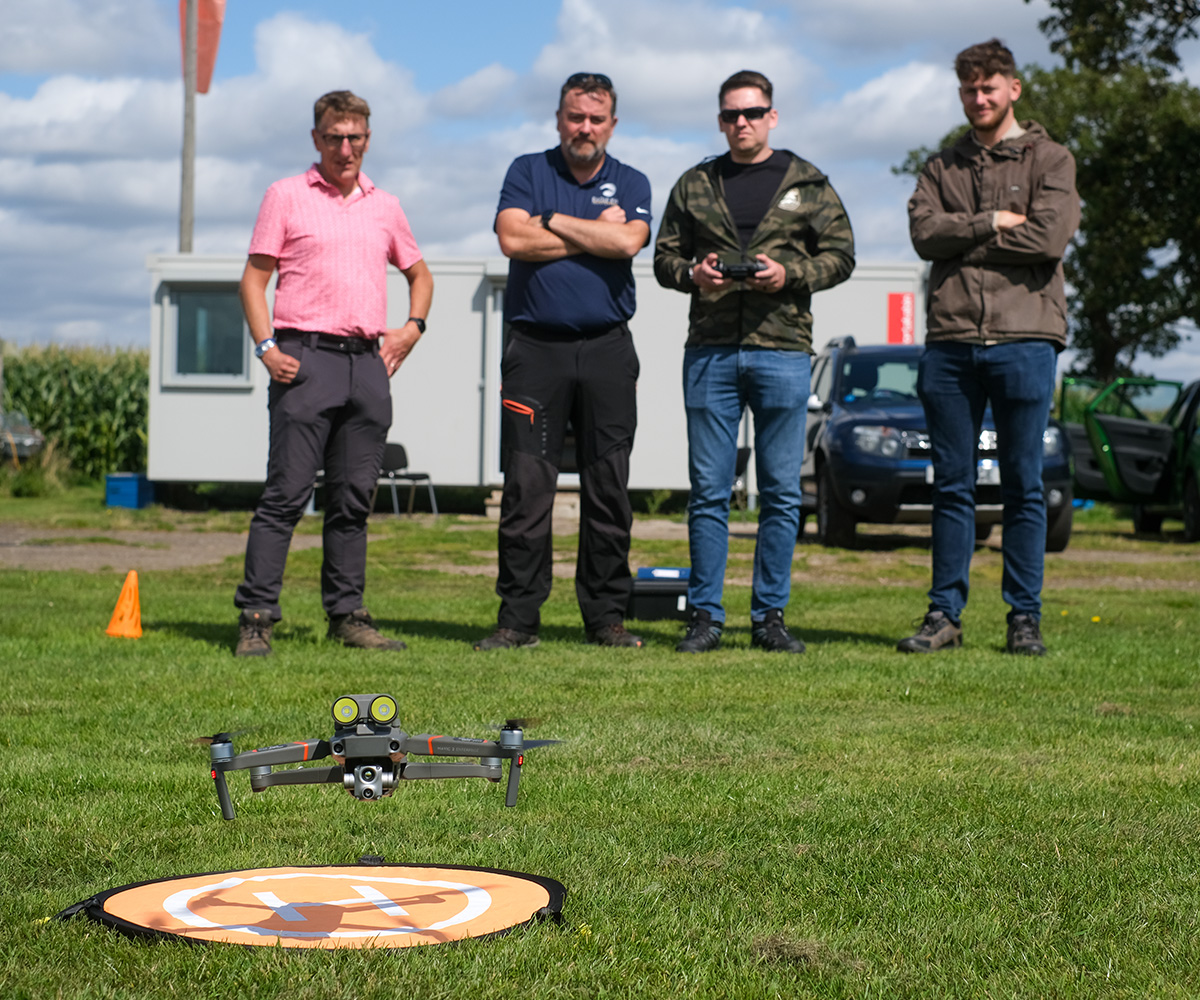
As a UK drone operator, staying compliant with Civil Aviation Authority (CAA) regulations is essential to ensure safety, professionalism, and the smooth continuation of your operations. The A2 Certificate of Competency (A2 CofC) and General Visual Line of Sight Certificate... Read more